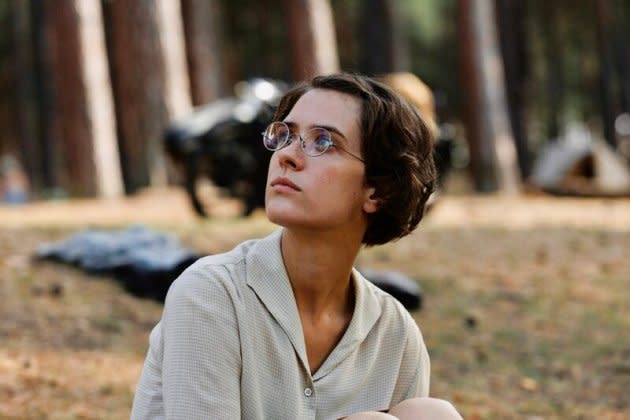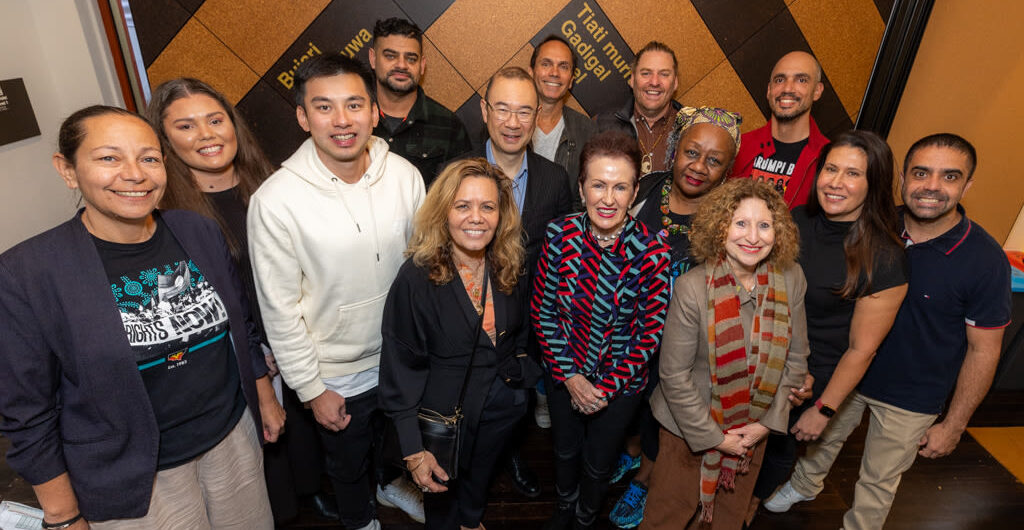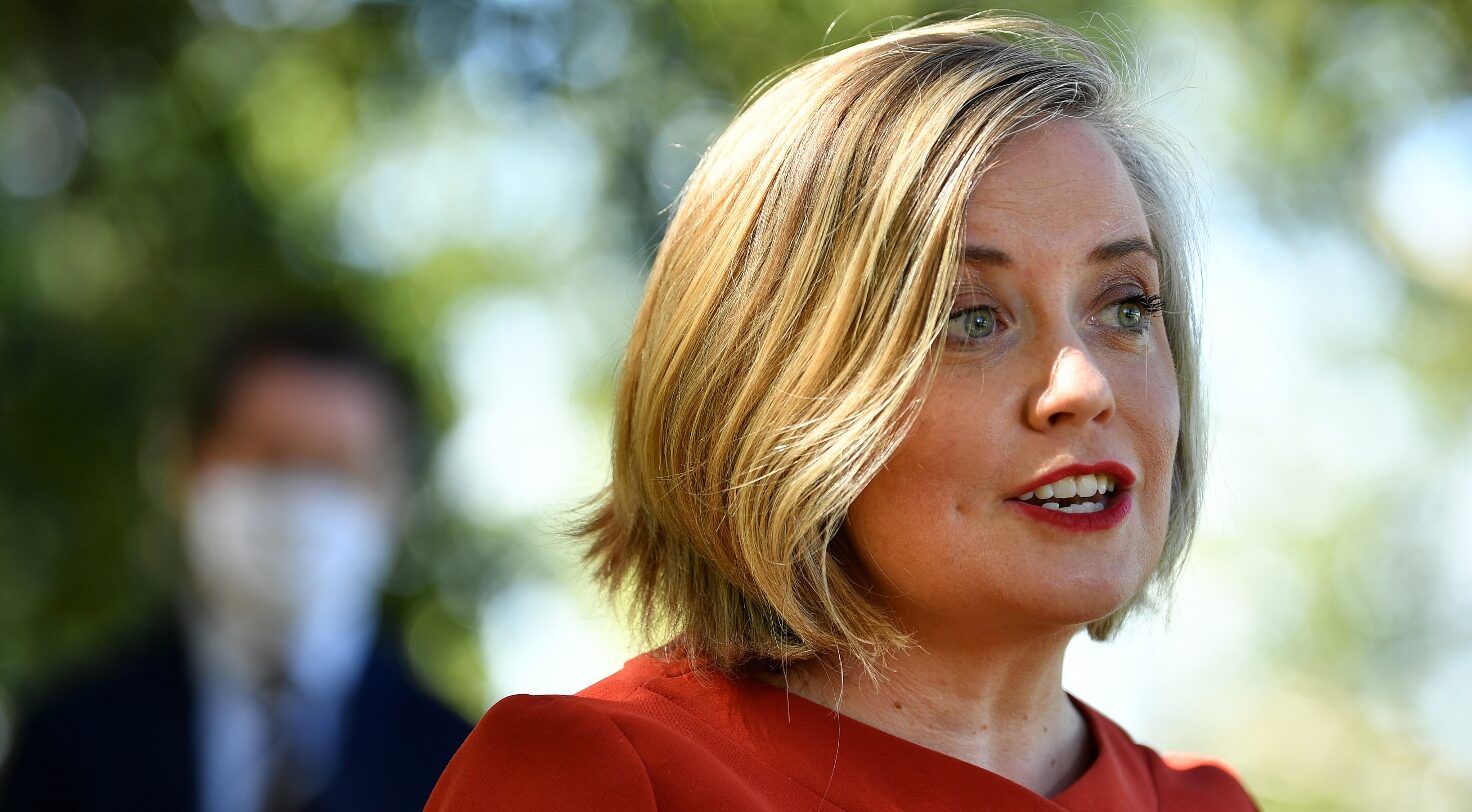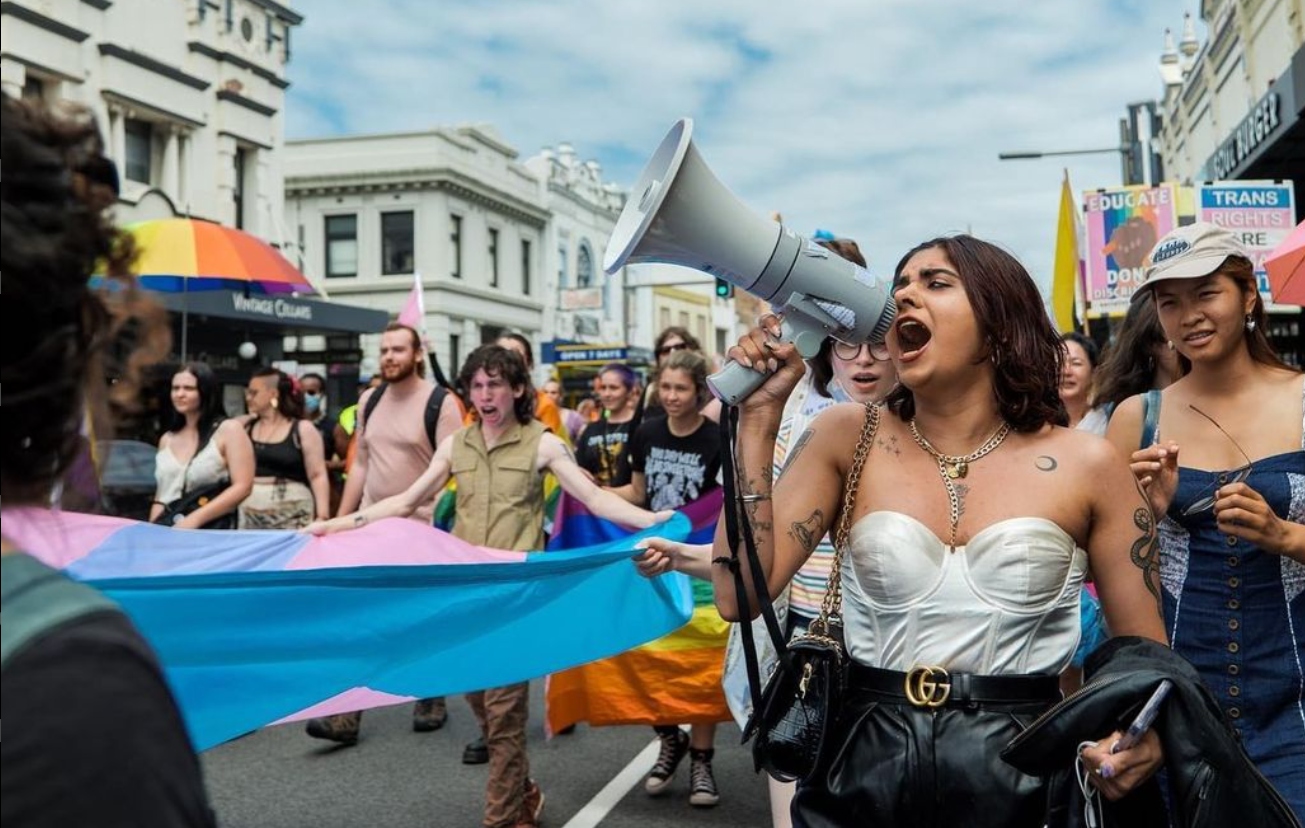
Program to reduce trauma for child sexual assault complainants to be rolled out statewide

by GRACE JOHNSON
The Bill to expand the Child Sexual Evidence Program statewide has received little media attention since it was passed by NSW parliament last week.
Child sexual abuse remains a prevalent issue nationwide. According to The Australian Child Maltreatment Study (ACMS), the first nationally representative study of child maltreatment rates released just earlier this year, 28.5 per cent of Australians have experienced child sexual abuse, with rates of girls experiencing sexual abuse double than that of boys.
An investigative piece from news.com.au shows that 39 out of 40 Local Government Areas (LGAs) with the highest rate of child sexual abuse per capita were located in regional, rural or remote areas.
Yet until now, only children located in the metropolitan areas of Sydney and Newcastle were able to access the Child Sexual Offence Program, which aims to aid children who have experienced sexual abuse give evidence in court.
It’s precisely for this reason that the Bill to expand the program was introduced. Previously, the program was only available in Sydney’s Downing Centre Court and the Newcastle District Court. The expansion will see pre-recorded evidence and witness intermediaries made available to all District Court locations in NSW.
The Child Sexual Evidence Program allows children who are complainants or prosecution witnesses in sexual offence matters to pre-record their evidence and have it played later in court. The aim is to reduce the stress and trauma experienced by these children, which can be exacerbated during the court process.
By recording evidence at an early stage of the trial, children can be protected from often prolonged court processes which only worsen their stress and trauma surrounding an already disturbing experience.
Witness intermediaries will also be available to assist children with their communication needs at the police interview and at court during the pre-recorded evidence hearing. Made available in all police districts in July 2023, witness intermediaries have tertiary qualifications in speech pathology, social work, psychology, teaching or occupational therapy, providing invaluable support to children giving evidence.
The Program was first introduced as a three-year pilot in 2016, aiming to help children to give evidence in legal system that wasn’t designed for them. Then-Attorney General Gabrielle Upton said, “For children – children who have suffered the trauma of sexual abuse, which is one of the worst crimes imaginable – appearing in court and recounting what happened to them can be extremely stressful.” An evaluation of the pilot by the University of New South Wales (UNSW) found that the Program reduced stress for children and resulted in a better quality of evidence.
But at the heart of pushing the Program to operate statewide is the Milthorpe family, who made the expansion the objective of their ePetition to Parliament, which needed 20,000 signatures. Currently, the petition has over 69,000.
When the Bill was passed on October 12 of this year, NSW Attorney General Michael Daley said, “Expanding this successful Program statewide to all children who are involved in sexual offence proceedings as complainants or prosecution witnesses in NSW will help make the court experience far less traumatic.”
“We want to give children the best chance possible to move on with their lives and not compound the trauma they may already have experienced,” he continued.
The grassroots campaign of the Milthorpe family has led to change across the state. But sadly, the change has its roots in the life-altering trauma of their two young daughters, who suffered years of sexual abuse from a trusted family friend.
The younger girl of the two had just turned five when she told her mother she had been sexually abused for a number of years. Her older sister was eight years old.
The first police interview took place in November 2013. Two and a half years passed before the girls were in court. The process in court only proved to be more traumatising for the children, something they are still recovering from, several years later.
The case was originally meant to be held in their hometown of Albury. But after a series of delays and a run-in with the offender, the case was moved to Sydney, where only more delays ensued. The family had to live out of suitcases for almost five weeks as the case dragged on.
The girls were then subjected to brutal cross-examinations over several days, where they couldn’t even have a parent present. They were doubted and then subjugated to legal jargon they could hardly understand. Their inability to answer at certain points, or recall exact dates of the abuse, was misconstrued as inaccuracy or falsehood. In fact, the children were accused of being liars.
One time a juror fell asleep during testimony, so the younger daughter, 7 at the time, had to go back the next week and relive her traumatic memories once more.
Michelle Milthorpe talked to City Hub about the shocking and distressing court process her daughters had to endure.
“I never expected that they could treat children the way that they did,” she said. “Never in a million years.”
“I work with young people and I was in a headspace where, if somebody had come to me and said ‘my child’s disclosed that they’ve been sexually assaulted,’ I actually don’t think I would have been able to say, ‘you need to go and report it and go through the court system,’ because I honestly thought it was just bad. It was horrible.”
On the the state-wide rollout of the Program, Mrs Milthorpe said, “I’m hoping that, with this process being more equitable for kids and a more appropriate for where they’re at in their stage of development, and being trauma informed and all of those things, that perhaps we will see that increasing conviction and once we see that it might actually stop people from doing it. I don’t know that it will, but something’s got to happen because the education is not there.”
“I thought that I had protected them. I thought that I’d educated them and I thought that they knew but the nature of grooming, and what a pedophile does to groom not just the children but also the family, is just so sophisticated, in the most horrendous way.”
“There’s so much to do.”
The Program had been piloted at the same time the girls were going through the court process, but they weren’t eligible to participate. Then the Royal Commission into Institutional Responses to Child Sexual Abuse released its 2017 report, which included recommendations about the importance of pre-recording witness evidence and using intermediaries in child sexual offence prosecutions.
Once the former Coalition Government had piloted the program and received successful endorsements, the government invested $28 million to make the program permanent in the initial two locations. Then in February 2023, Coalition invested $64.3 million over 4 years to roll out the expanded program to every district court and police district in New South Wales.
Mrs Milthorpe told City Hub, “We were concerned when there was a change in government that we would see that that might not go through, or that the Labour Party might put their money somewhere else.”
“But we’re just so pleased that it’s had bipartisan agreement, because at the end of the day, it’s not political. This is about children and this is about decreasing trauma for children and recognition that child sexual assault is just all too common.”
“So I’m really pleased that both sides of parliament have come together on this topic because, you know, it is a no brainer. Children need to be protected. And, you know, these kids have already been through horrendous trauma, usually at the hands of somebody that they’re meant to be able to trust. So it’s super important that the rest of the process is done well.”
In the legislative assembly hansard from October 10, Ms Donna Davis MP for Parramatta said, “Sex crimes against children are some of the vilest, if not the vilest, crimes that a human being can commit. The longstanding trauma and impacts on victim-survivors cannot be overstated. They are devastating and often last a lifetime. The impact extends beyond the victim‑survivor to touch family and friends. No amount of counselling and medication can take away the pain, scars and post‑traumatic stress for victims of child sexual abuse. Therefore, it is imperative that the State ensure that the pursuit of justice for such trauma is, in itself, as non-traumatic as possible.”
“It takes unfathomable courage for kids to come forward and testify to what happened to them. The pain of facing perpetrators and being forced to relive their horrific experiences can cause further damage to them. The bill’s reforms will help to minimise that damage and ensure that victim-survivor testimony is as widely available across our court system as possible,” she continued.
“By expanding the use of witness intermediaries and pre-recorded evidence hearings, it will allow for victim-survivors’ voices to be heard and their testimony presented while minimising their harmful exposure to perpetrators and eliminating the need for repeated testimony, for example in subsequent appeals.”
By the end of the distressing court trial, the offender was found guilty of six counts of aggravated indecent assault against the older daughter. Charges for the offences against the younger daughter were dropped, as she was considered an unreliable witness.
The pedophile was immediately bailed. Five months later, he was sentenced to three years and nine months in jail, but was released after two years and six months. He has been returned to the same town the girls continue to live in.
The two survivors pleaded with the NSW Attorney-General, then Mark Speakman, to make the change to the program for six years.
In early 2022, both children went to court to fight for their right to tell their story under their real names, and won.
Their names are Rose and Pippa.










